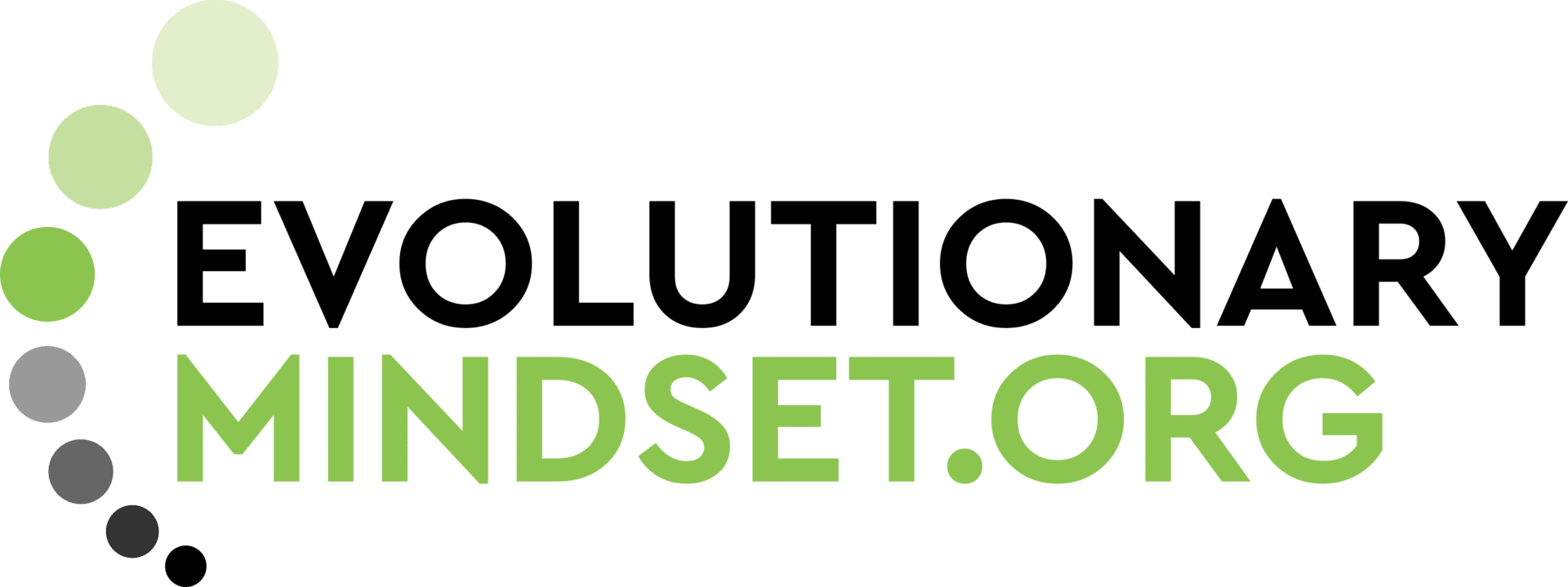
Evolutionary Future: Prioritizing the Greater Good and Leaving a Legacy
Evolutionary science has shown that evolving for growth and sustainability involves mutual aid and sociobiological altruism. Groups, companies, or societies emphasizing cooperation over dominance, adaptation over preserving the status quo, and diversity over sameness have a greater survival advantage.
A moral sense of conscience, the major distinguishing factor between humans and other animals, gives an evolutionary edge because it propels humans toward dedication to the greater good. Bringing this ethical intelligence into our societies and organizations enhances long-term success and survival.
This also bodes well for the long-term success of companies and the evolutionary leaders that lead them.
The Trend Towards the Greater Good
Five key trends are propelling our global society toward a more altruistic future focused on the greater good. These forces affect us individually, in businesses and organizations, and as societies. Not all entities will respond equally to these forces, and there may be the appearance of going backward in the shorter term as status quo keepers become more reactive. However, I believe these trends represent powerful forces for an evolutionary future:
- Global Feminization Principle
World Health Organization research shows that the sex ratio at birth has been 105 boys born for every 100 girls for decades in every country studied. This varies in different circumstances; families with high socioeconomic status have more sons, while poor families have more daughters. Beautiful people, defined as physically attractive men and women, also have more daughters. This biological selection occurs because beautiful women have a greater ability to attract mates and are more likely to have children to continue their genes than unattractive women.
For men, being attractive does not contribute as much to their reproductive success. More women are beautiful than men on average since physical attractiveness is inheritable, and having more daughters over time will lead to more women worldwide. Simply put, an evolutionary advantage for reproductive success appears to be moving toward feminization.
2. Androgyny Increases
Androgyny appears to be the future of humankind. A person who is androgynous has both masculine and feminine characteristics. As men evolve to express their feminine instincts to be more nurturing, loving, and empathetic, and as women evolve to express their masculine instincts to compete and take risks, we become more androgynous. Evolutionary science shows evolutionary purposes are driving a merging of our sex-based characteristics to ensure long-term survival.
3. Caring and Altruistic Leaders Succeed More
Evolutionary leaders tend to focus on the greater good, have high emotional intelligence, are humble, and can apologize if they are wrong. With a higher capacity for empathy, they build better relationships and tend to embody an others-first mindset. This “others-first” approach in relationships is particularly advantageous in business, as it helps to prioritize customers and deliver services in any situation, which leads to higher customer satisfaction and loyalty.
4. Diversity and Inclusiveness
Evolutionary companies have greater diversity and inclusiveness. In business and other organizations, having diverse leadership and workers has been shown to enhance success and longevity. Evolutionary entities, whether individuals, groups, organizations, or societies, have three distinguishing characteristics: they innovate more, grow faster, and last longer.
Evolutionary entities prioritize conceptual thinking to add value to their relationships and environment. Emotional intelligence results in better complementation and high ethical intelligence to focus on the greater good, resulting in more loyalty. These evolutionary entities have high adaptability to respond to changing environments.
5. Evolutionary Growth is Not Growth at all Costs
A significant evolutionary trend is examining what growth means. Evolutionary growth is contained and healthy and considers resources, environment, and equity. It also considers individual personal growth, such as individual development in mental, physical, and emotional health.
The journey toward an evolutionary future is marked by the desire and the need to embrace altruism, inclusivity, and adaptability. As companies navigate the complexities of our future, these trends indicate a move toward a more harmonious and sustainable existence.
The essence of evolution lies not just in survival but in the continuous pursuit of a better world for all, driven by empathy, collaboration, and a shared commitment to the greater good. The future is indeed evolutionary, and it is rooted in love.
Leaving an Evolutionary Legacy
Leaving a legacy as a leader means more than achieving success in the present; it’s about shaping a future that embodies integrity, resilience, and the pursuit of a greater good. An evolutionary leader understands that true legacy lies in the lasting impact on others, the positive changes created in the business landscape, and the values instilled within society. Such leaders inspire through empathy, elevate those around them, and prioritize sustainable growth over short-term gains. By embedding purpose and altruism into every decision, leaders leave behind a blueprint for others to follow—a legacy that transcends their tenure and contributes to a collective, enduring evolution toward a better world.
What will your legacy be? What is your why?
Looking to learn more? Feel free to read the rest of my blog or check out my book EVOLVE FOR GROWTH available on Amazon: https://amzn.to/3QY2ONB
